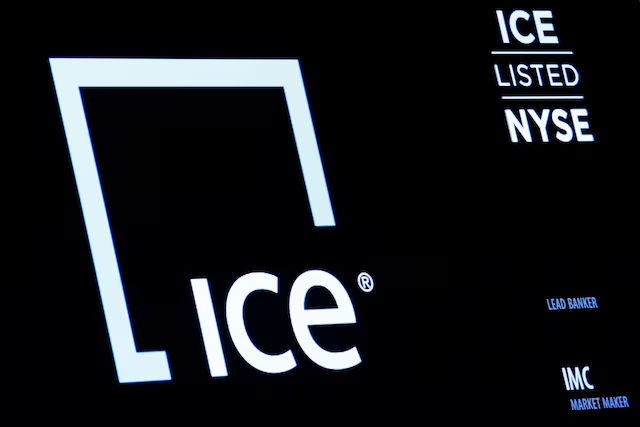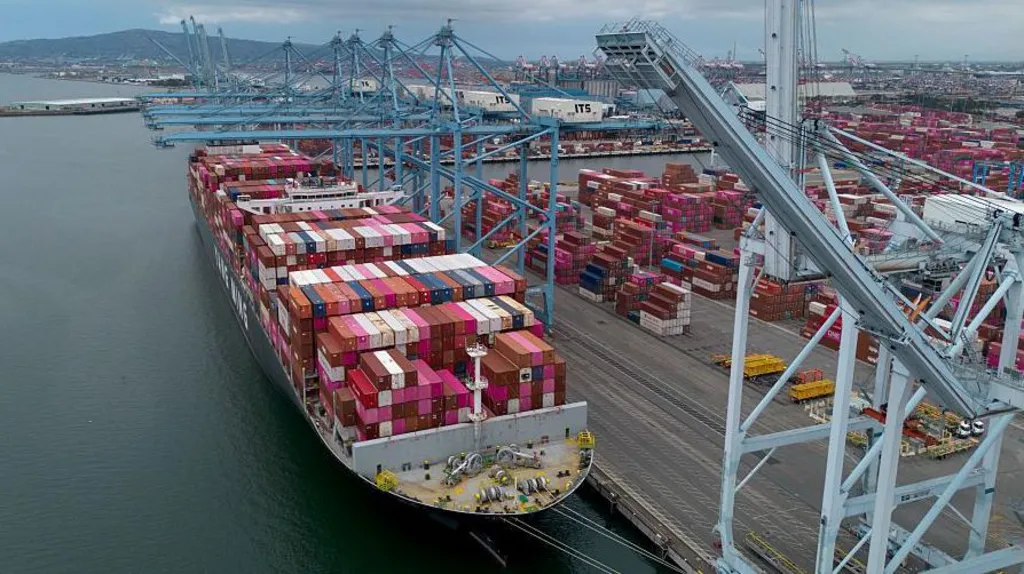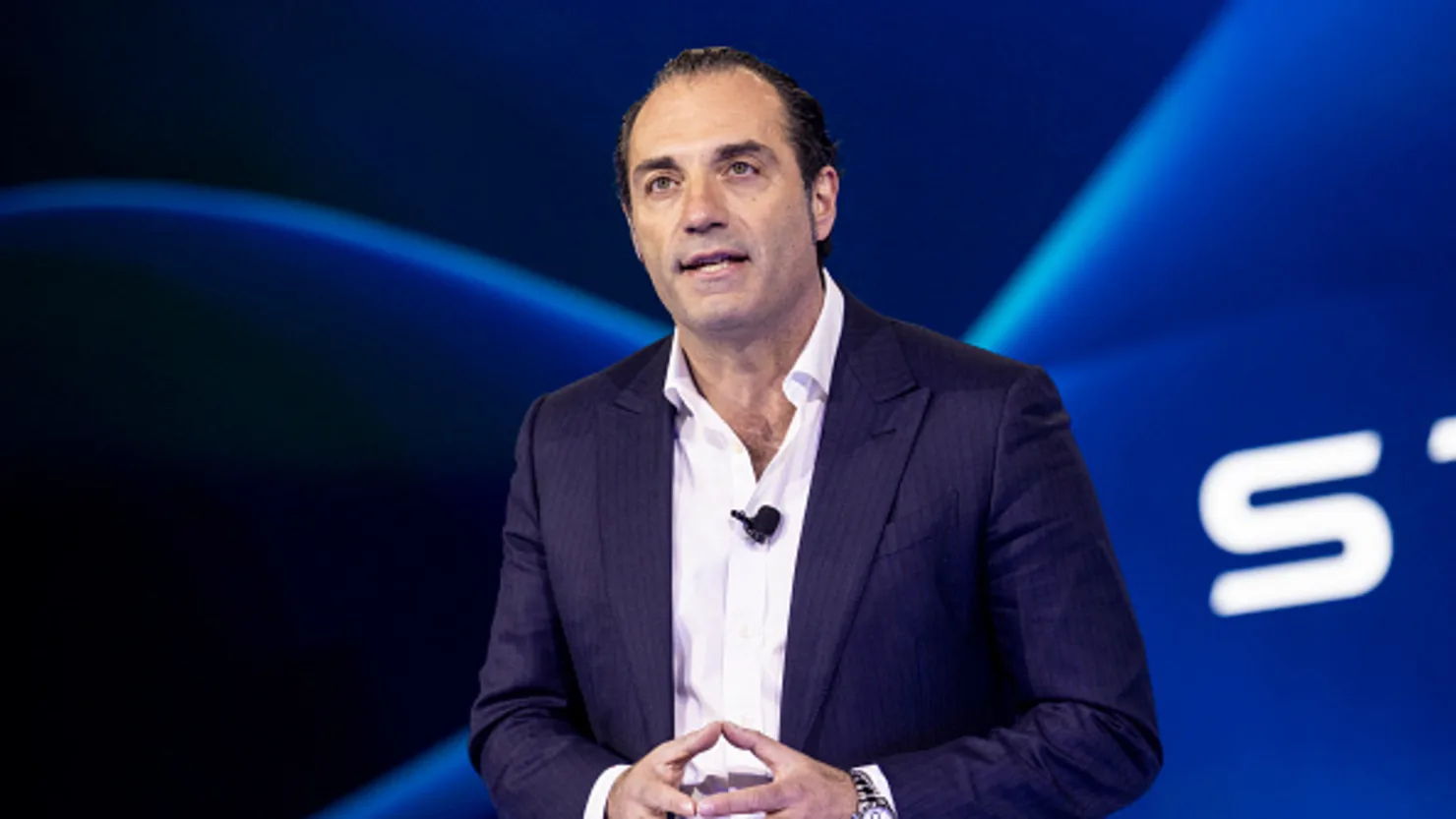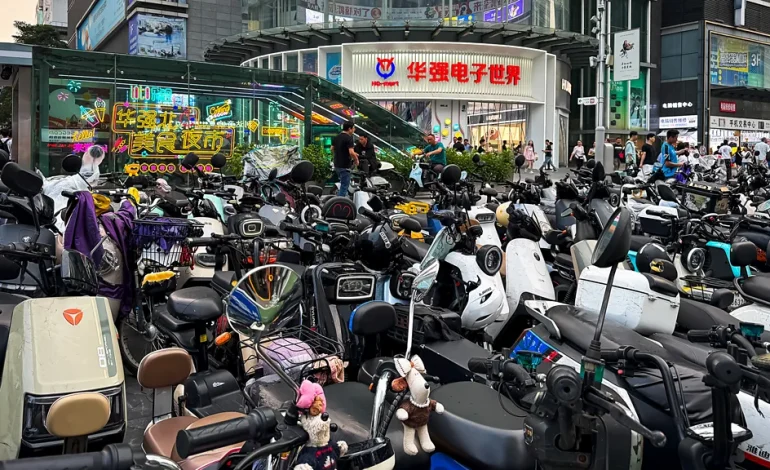China is accelerating ahead of the global market in commercializing sodium-ion batteries, with electric scooters emerging as a key driver in this development, BBC reports.
In Hangzhou, eastern China, dozens of sleek electric mopeds attract attention outside a shopping mall. Priced between £300 and £500 ($400–$660), these scooters stand out not for their design but for their power source: sodium-ion batteries. Unlike the more common lead-acid or lithium-ion batteries found in electric two-wheelers, these sodium-based cells use sodium, a plentiful element extractable from sea salt.
Major manufacturer Yadea, hosting a promotional event in January 2025, highlights fast-charging pillars capable of replenishing the scooters from zero to 80% in 15 minutes. The company also offers battery-swapping stations where users can quickly exchange depleted batteries for fully charged ones with a simple QR code scan.
China’s push for sodium-ion technology spans multiple industries, with electric scooters representing a significant, rapidly growing segment. While other countries race to develop affordable and efficient lithium-ion batteries, Chinese firms have advanced sodium-ion batteries to mass production levels. This alternative battery chemistry could reduce reliance on critical raw materials that currently challenge the lithium-ion supply chain.
Earlier sodium-powered electric cars have had limited impact due to their small size and short range. Yet the country’s largest battery maker, CATL, plans to mass-produce sodium-ion batteries for larger vehicles like trucks and cars under its new Naxtra brand.
Beyond vehicles, China is increasingly using sodium-ion batteries in grid energy storage, where the technology’s lower energy density is less of a drawback. Energy storage stations can smooth renewable power supply and are expected to be a major growth market, with China already operating several large-scale sodium-ion installations.
Two-wheelers, or “little electric donkeys” as affectionately called in China, offer an ideal use case for sodium-ion batteries. Their typical short trips and lower speed requirements align well with the batteries’ characteristics, despite their lower energy density compared to lithium-ion cells. Sodium-ion batteries outperform lead-acid alternatives in recharge cycles and durability, making them a competitive choice for scooters.
In 2023, China sold approximately 55 million electric two-wheelers—about six times the number of electric cars sold—providing a strong market to scale sodium-ion battery production. Yadea’s pilot program with 150,000 delivery couriers in Shenzhen demonstrated battery swapping feasibility and user convenience. The city aims to become a “battery-swapping city” with tens of thousands of charging and swapping stations planned by 2027.
Sodium-ion batteries also present safety advantages, as they are less prone to overheating and fires—a concern highlighted by recent lithium-ion battery incidents in China and abroad. Additionally, sodium-ion cells maintain better performance in cold climates, expanding their applicability in diverse regions.
While lithium prices surged in 2021 and 2022, sparking interest in sodium alternatives, lithium costs have since fallen, somewhat tempering the sodium-ion rush. Nonetheless, Chinese companies continue investing heavily in sodium-ion technology, confident in its potential to diversify supply chains and support the country’s clean energy goals.
Challenges remain for wider adoption in cars due to lower energy density and current cost disadvantages compared to lithium-ion batteries. However, the growing infrastructure for scooters, and expanding grid storage projects, indicate a strong trajectory for sodium-ion batteries in China.
China’s dominance in battery manufacturing and its ability to rapidly scale production provide a competitive advantage in the global sodium-ion race. By 2030, analysts predict that sodium-ion batteries could power up to 15% of China’s electric scooters, up from just 0.04% in 2023.










The latest news in your social feeds
Subscribe to our social media platforms to stay tuned